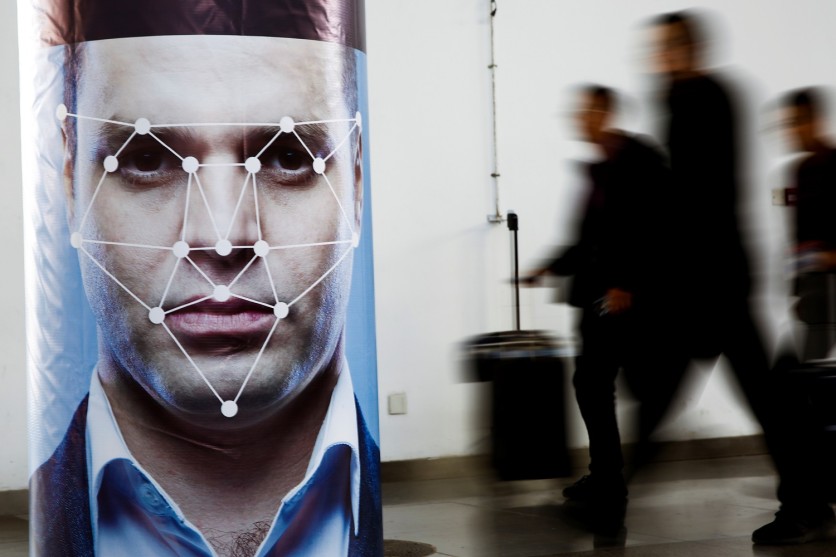Clearview AI, the developer of a facial-recognition tool used by law enforcement agencies, is currently facing charges from the American Civil Liberties Union for violating people's rights to privacy.
The ACLU alleges that Clearview's technology runs against the 2008 Illinois Biometric Information Privacy Act. According to the complaint filed Thursday, May 28, in the Circuit Court of Cook County, Illinois, the company is engaged in "unlawful, privacy-destroying surveillance activities."

The union filed the case to stop the company from "its unlawful surreptitious capture and storage of millions of Illinoisans' sensitive biometric identifiers." Other non-profit groups like the Chicago Alliance Against Sexual Exploitation and Sex Workers Outreach Project Chicago have also joined the suit.
However, Clearview dismissed the ACLU complaint as "absurd." According to its website, Clearview's service "has been independently tested for accuracy and evaluated for legal compliance" by authorities recognized nationwide.
American Civil Liberties Union files case against Clearview AI for violating privacy
Clearview AI's attorney Tor Ekeland told CNN Business in an email that the company is a "search engine that uses only publicly available images accessible on the internet." Ekeland also found ACLU's actions ridiculous, aiming to censor which search engines people use online which is prohibited by the First Amendment.
Meanwhile, Hoan Ton-That, founder of Clearview AI, described their technology as "basically a search engine for faces," scraping billions of publicly available images from social media sites and other websites using facial-recognition software to make the database searchable.
Clearview's database can identify photos of a person from the internet using one photo of that individual. It then links back to their sources to help identify unknown people.
However, Clearview pointed out it is not for public use, but an investigative tool for over 600 law enforcement agencies in the U.S. and Canada to help them identify suspects and resolve crimes.
Clearview's controversies and cases
The company is recently under fire after a front-page probe by the New York Times in January.
According to this investigation, people don't understand that when they share photos of themselves--even if they are posting it publicly--law enforcement can still access and place them into a massive database.
For example, Clearview's technology can easily grab an Instagram post and the image will still show up in the company's database even if the person changes the privacy settings or deletes the photo altogether. The tool can also scrape a person's photos posted by other people without that person's knowledge.
Tech companies like Twitter, Google, and Facebook have requested Clearview to stop its practice as the tool violates their terms of service. Clearview said it would address the companies' concerns, but reasoned that there is a First Amendment right to public information.
Clearview said that a hacker gained access to its entire client list in February. It includes police forces, law enforcement agencies, and banks.
In January, New Jersey enacted a statewide ban on law enforcement from using Clearview while Vermont's attorney general also filed a lawsuit against Clearview for alleged data privacy violations.
The company's lawyer Ekeland, said in an email that Clearview AI is "one of the most innovative, effective, and accurate law enforcement tools" available in the market now" because it protects victims by helping law enforcement arrest child rapists, murderers, and thieves. Also, the tool's precision "protects the innocent from being falsely accused" by making public images accessible to everyone on the internet.
Ekeland also added that Clearview works in "strict accordance with the US Constitution and American law" while it collects less data than some other online firms. "Clearview AI only collects public images and their web addresses," said Ekeland.
Read also: Twitter Fact-Checking Also Targets China, Not Only President Trump
ⓒ 2025 TECHTIMES.com All rights reserved. Do not reproduce without permission.




